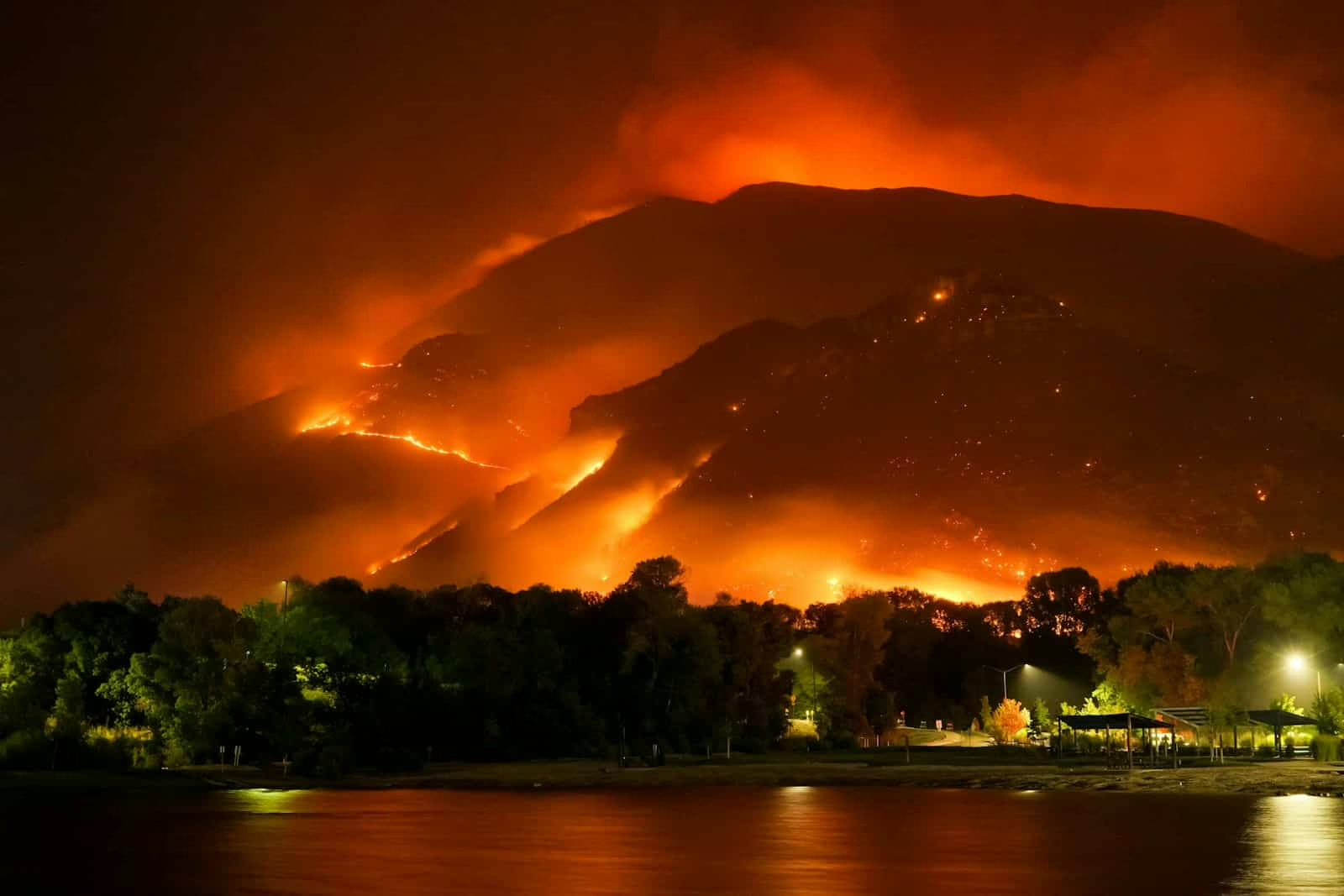Contents
Summer fires in Greece have become an alarming reality. The images of burning forests on Rhodes, Corfu and around Athens raise the legitimate question. house in Greece and how can I protect my investment?” The truth is that climate risk is now a key factor in the property market that cannot be ignored.
The new reality: the climate crisis and the property market
The scale of the problem is serious. In 2023, over 1,750,000 acres burned in Greece and the fire in the Evros region was the largest in EU history. These events are not accidental. Scientific projections suggest that the risk of fires could increase by up to 50% by 2050.
This has a direct impact on the real estate market in Greece. Investors and buyers no longer look only at the view and the proximity to the beach. They also start to evaluate factors such as the type of vegetation around the property, access for fire trucks and the quality of construction. Demand is gradually shifting from high-risk, wooded areas to safer locations.
The hidden risk: the “insurance gap”
This is perhaps the most important aspect that every buyer needs to understand. The figures are shocking: only 15-16% of homes in Greece are insured against natural disasters. This means that a huge proportion of property owners are at risk of total loss of their investment.
What does this mean for you as a buyer? It means that the current price of the property in Greece you are looking at probably does not include a premium for the risk of destruction. The market looks cheaper than it actually is. When insurance becomes more widespread or even compulsory (as it already is for businesses), premiums in risk areas will soar. A property that looks profitable today may be unattractive tomorrow because of the high cost of insurance.
A practical guide to risk management
Investing in property in Greece is still an excellent opportunity but requires a smarter approach. Here are specific steps to take:
1. Do your homework (Due Diligence):
- Check the risk maps: the Hellenic Civil Protection publishes daily maps with the fire risk level. Research the history of your chosen region.
- Evaluate the terrain: properties on hills or near dense conifer forests are much more vulnerable. Prefer properties in olive groves or within the settlement limits.
- Check access: make sure there is wide and easy access to the property for fire equipment.
2. Insurance is a must, not an option. Even before finalizing the deal, explore insurance options.
- Look for “All-Risk” coverage: basic policies cover fire only. Choose an extended package that includes other Greece-relevant risks such as flood and earthquake.
- Budget the premium: prices vary, but for a house in Halkidiki or Thassos, expect an annual premium of between €500 and €950 for full cover. For an apartment in Thessaloniki, the cost will be considerably lower (€200-€300). Include this cost in your annual maintenance budget.
- Work with a local broker: he knows the market and can negotiate the best terms.
3. Invest in fireproofing.
- Fire resistant materials: when building or renovating, invest in fire resistant windows, doors and insulation.
- “Protection zone”: regularly clear your plot of dry grass, bushes and branches in a radius of at least 10-15 metres around the house. This is the most effective preventive measure.
The new “climate resilience tax”
From 2025, Greece has introduced a new, higher tax to be charged on every night stayed in hotels and short-term rental properties. The revenue goes directly into a fund to deal with natural disasters. This is a clear signal that the state is shifting some of the burden for climate adaptation to the property sector. For investors, this means a slight reduction in net returns, but also better long-term prevention.
In conclusion, the risk of fires in Greece is real but manageable. The smart investor today thinks not only about the sea view, but also about the evacuation route, the quality of construction and the cost of insurance. A property that is well protected and insured is not only safer, but a significantly better long-term investment.
You might also like:
- How to analyse location: 7 factors that determine future growth
- Dubai’s New Investment Hotspots: Where to Buy Property Before Everyone Else
- Investing in the Costa del Sol: How to protect yourself from the risk of fires and extreme heat?
This post is also available in: Български







